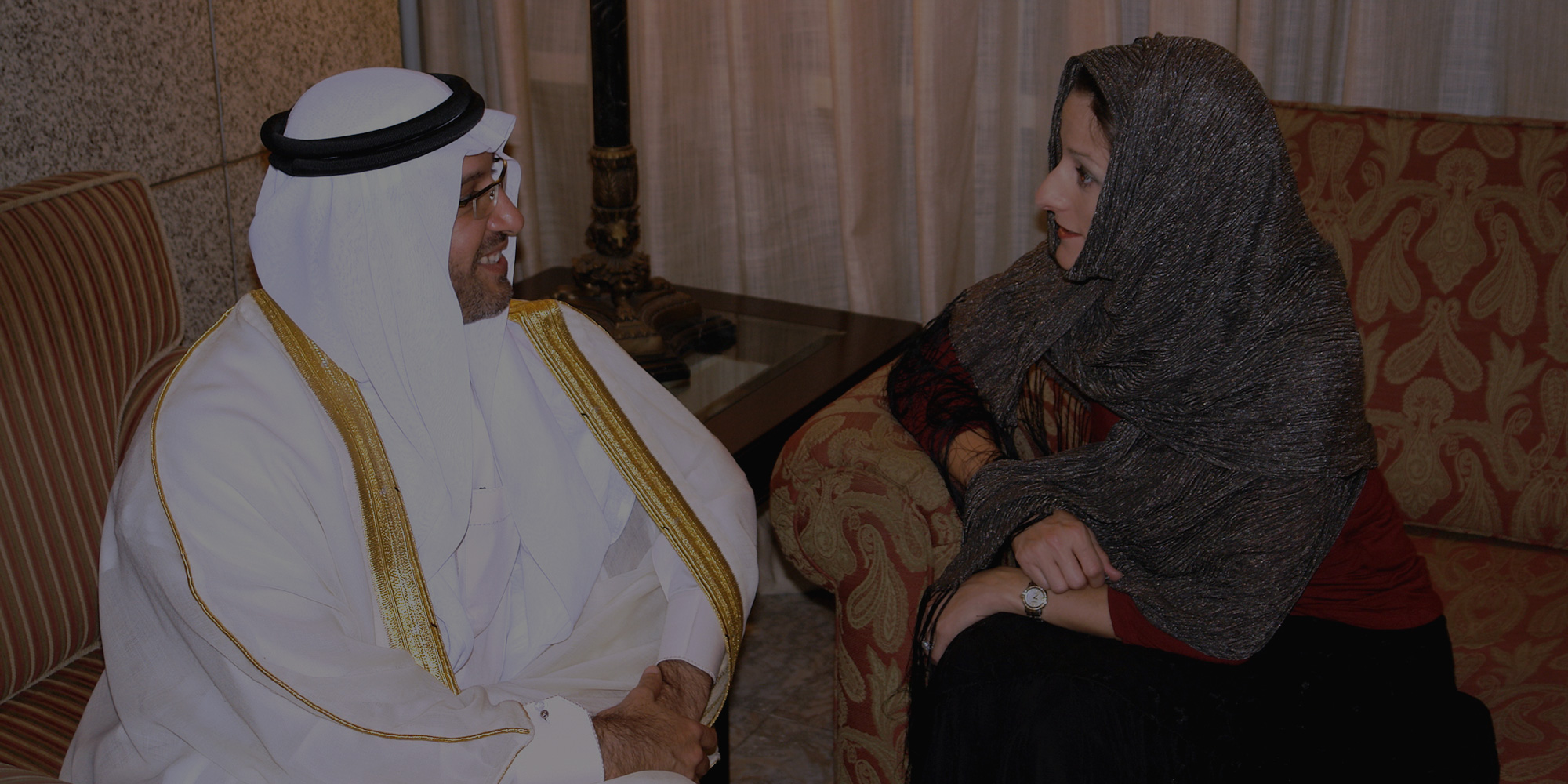As technology and globalization continue to make our world smaller, our inter-reliance and our impact on one another continues to increase. We are truly “in this together”.
In case we need demonstration of how connected our well-being, as a human species, truly is, COVID has forced us all to reset and appreciate our global connectedness as never before. And now, we are experiencing increasing awareness of what it means to be inclusive and appreciate diversity. We are being challenged to consider our own unconscious biases that impact those around us. These experiences and conversations have impacted me profoundly in 2020, and have reminded me how much our world needs a deepening in our awareness and understanding.
In the last 10 years, I have visited more than 50 countries from Argentina to Zimbabwe. I chose those two countries in a (possibly weak) attempt to humorously convey the A to Z breadth of experiences, not because of their cultural variety, although they are pretty far apart on the spectrum!
When I travel, I do my best to stay in more “local culture” neighborhoods, rather than where all of the western hotel chains set up shop. I intentionally arrange opportunities to spend time with local communities. As a business owner, I create social outings with local business owners in that country, to understand how their experiences differ from my own. I go to local markets, or take an afternoon to sit and work from a local coffee shop or tea house to soak in the ambience and to people watch. I strike up conversation (when I speak the language or they speak English) with the drivers, servers at restaurants, or others I meet along the way. I really want to know what they think about things in their world, and how they perceive mine – the “American world”.
And sometimes it is hard.
I remember days being frustrated and hungry, wandering the streets of China where no menus had English translation and the foods were so different than what I know. I remember walking through Vietnam looking to buy any sort of cushion or air mattress, because the bed in my tiny local hotel was hard as wood and after 3 or 4 nights, I was struggling to get any sleep. I remember being in Saudi Arabia and being approached by the local religious police questioning why I went into the “Men Only” entrance of Starbucks, and having to apologize profusely for not noticing the sign and not respecting their rules and values.
It is challenging to come into new environments with a truly open mind, and open heart. It means being curious about other races, other cultures, other societies. It means coming from a place of non-judgement and without assumptions about others’ experiences. And it means looking at other ways of living, and other ways of doing things, and seeing what I can learn from them and incorporate into my own world view.
Of course, it would be easier to always have the comforts of home, to eat familiar foods, to know the ways of the road, to understand why people do what they do, to be in the company of people that speak my language, or that agree with my views on how to organize society. But what do we learn from that?
As a first generation American, born to a Jewish/Polish holocaust survivor, I know the impact of judgment, racism and bigotry. I know the ways it tears our world apart. And I know the ways the scars remain deep, through generations.
I made the choice many years ago to be a citizen of the world. A person that wants to learn and grow together with those with whom we share our planet. A person willing to be uncomfortable, embarrassed, scared, stretched and challenged.
As a citizen of the world, I am part of a passionate group of women that launched the World Citizens Guide, a resource available to engage in a conversation. Through the resources of one of the world’s largest advertising agencies, with offices around the world, we embarked on a journey to understand how Americans could better understand the outside perceptions and stereotypes that limit our view and ability to authentically connect. We took that research and created a place for World Citizens to engage and share experiences.
The ability to choose to be a World Citizen happens anywhere, every day. You don’t have to travel globally to find other cultures and other ways of life to be curious about and appreciate. In the United States, we have so many opportunities to learn from each other, listen openly, come from a place of non-judgement, and understand other perspectives. Simply put, you don’t have to have a passport to be a World Citizen.
Rather than isolate and insulate, I choose to engage and connect. The world needs World Citizens more than ever. In the words of the World Citizens Guide: “Better World Citizens, better world.”
Contact Info:
Adrienne Palmer
LinkedIn https://www.linkedin.com/in/adrienne-lea-palmer/
Facebook: https://www.facebook.com/adrienneleapalmer
Email: Contact Form


